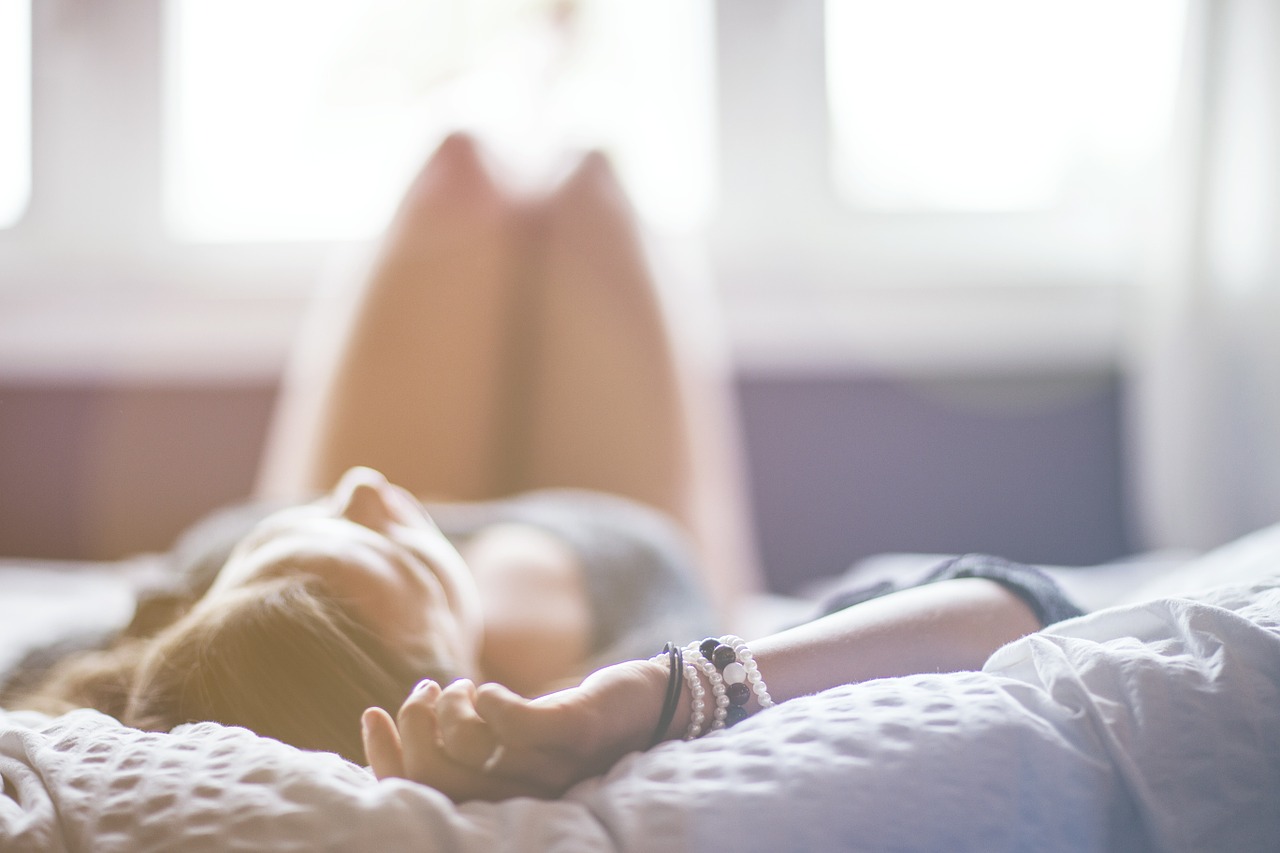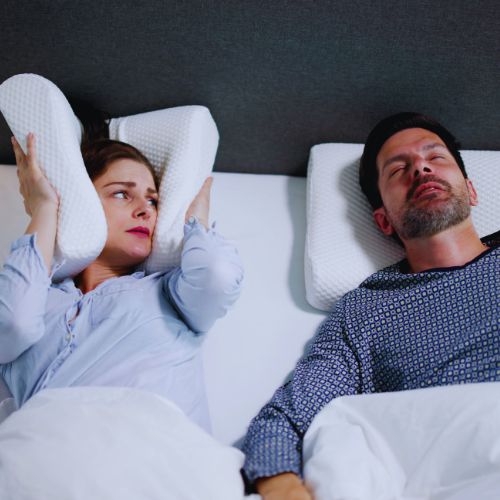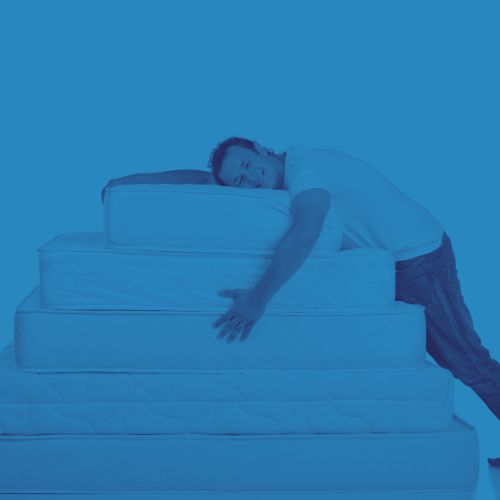
05-08-2016
5 lifestyle changes that will instantly remedy your snoring
Read more about this article...
Read more →We understand how important it is to get a good night’s rest, and that’s why we’ve dedicated ourselves to providing you with the best tips, tricks, and product recommendations to help you sleep soundly.
Trusted by 10,000+ Americans
Everything you need for healthy blisfful nights
We meticulously test and evaluate mattresses, pillows, beds, and snoring aids so you don’t have to.
Side-by-side comparisons to help you choose the best option for your unique needs.
Expert advice on improving your sleep environment and habits.
Stay updated on innovations in sleep technology.
Our mission is to make high-quality sleep accessible to everyone by removing the guesswork from purchasing sleep products.

Say goodbye to sleepless nights with snoring solutions that are effective and easy to use.

Discover beds that combine style, durability, and functionality to create your perfect sleep sanctuary.

Explore the most comfortable and supportive mattresses tailored for every sleeping position, budget, and need
See how women like you transformed their hair journey

"My hair has never been healthier! After years of damage, I finally found a routine that works."

"The personalized care plan transformed my dry, brittle hair into soft, manageable curls."

"Finally embracing my natural texture! The journey has been amazing with Amara's guidance."
Take our 2-minute quiz and get a personalized hair care plan

05-08-2016
Read more about this article...
Read more →


Book a free 15-minute consultation with our expert team. We'll discuss your hair goals and create a personalized plan for your journey to beautiful, healthy hair.